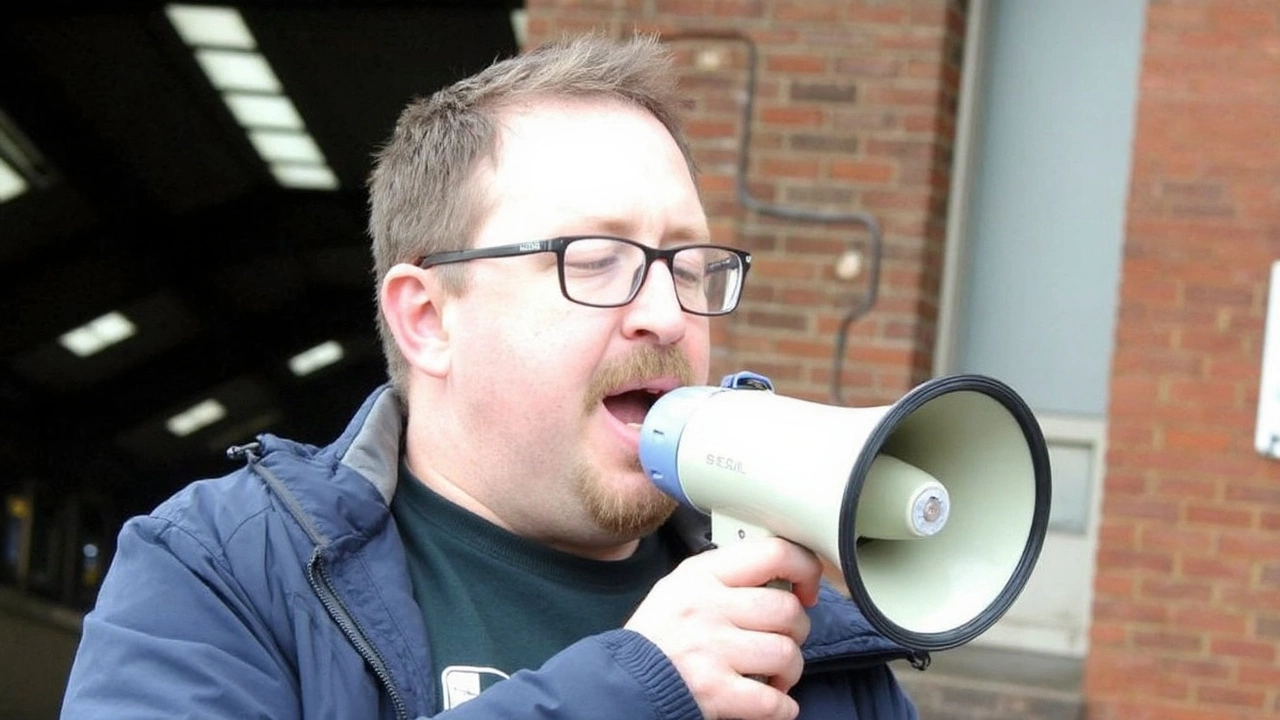Understanding Antisemitic Comments
Antisemitic comments are hateful remarks aimed at Jewish people. They can show up in a tweet, a forum post, a news article, or even a casual conversation. The key thing to notice is the intent to blame, insult, or stereotype Jews as a group. They often recycle old conspiracy ideas, claim unfair power, or use slurs that have been around for centuries.
When you see a comment that says something like “Jews control the banks” or uses a derogatory word for a Jewish person, you’re looking at a classic example. Even if the wording sounds milder, the underlying message can still be harmful. It’s not just about the words themselves; it’s about the pattern that reinforces prejudice.
Common Forms of Antisemitic Comments
One frequent style is the “dual‑loyalty” myth. This is the claim that Jews are loyal to Israel first and their own country second. You’ll hear it in discussions about politics, especially when someone tries to discredit a Jewish politician by pointing to Israel.
Another form is the economic stereotype. People might say “Jews are greedy” or “they only care about money.” This feeds an old trope that links Jews with financial manipulation. It shows up in jokes, memes, and even in news commentary that tries to blame economic problems on a single group.
Religious insults are also common. Using terms like “Christ‑killer” or mocking Jewish holidays falls under this category. These attacks target beliefs and traditions, making the victim feel singled out for something deeply personal.
How to Respond and Prevent Antisemitic Comments
If you spot an antisemitic comment, the first step is to stay calm. Reacting angrily can make the situation worse. Instead, point out why the comment is harmful. You can say something simple like, “That statement spreads a false stereotype and hurts people.”
When possible, report the comment to the platform. Most social media sites have a policy against hate speech, and a report helps keep the space safer. If you’re on a forum without clear rules, you can ask the moderator to look at the post.
Education is a powerful tool. Sharing a short fact—like how the “dual‑loyalty” myth is a myth—can shift the conversation. Encourage people to read reliable sources or watch videos that explain the history behind these tropes.
On a bigger scale, support organizations that fight antisemitism. They often provide resources for calling out hate and building inclusive communities. Even small actions, like speaking up in a group chat, add up to a louder, more positive voice.
Remember, spotting antisemitic comments isn’t about police‑state surveillance; it’s about protecting people from hurtful words. By staying alert, speaking up, and using the tools that platforms give us, we can make online and offline spaces more welcoming for everyone.

Andrew Gwynne, UK Labour MP, was removed from his position after incriminating antisemitic and sexist messages emerged from a WhatsApp group. His offensive comments, which included wishing harm upon constituents, sparked outrage, leading to his suspension by Labour and a condemnation from Jewish leaders. An investigation is underway to address these serious allegations.
Continue Reading





